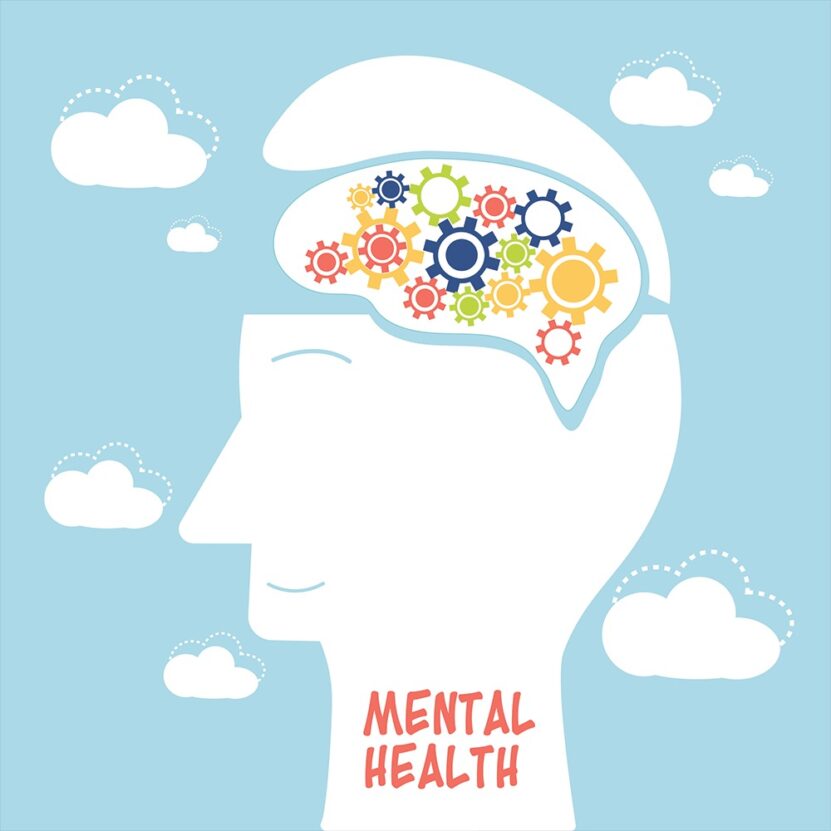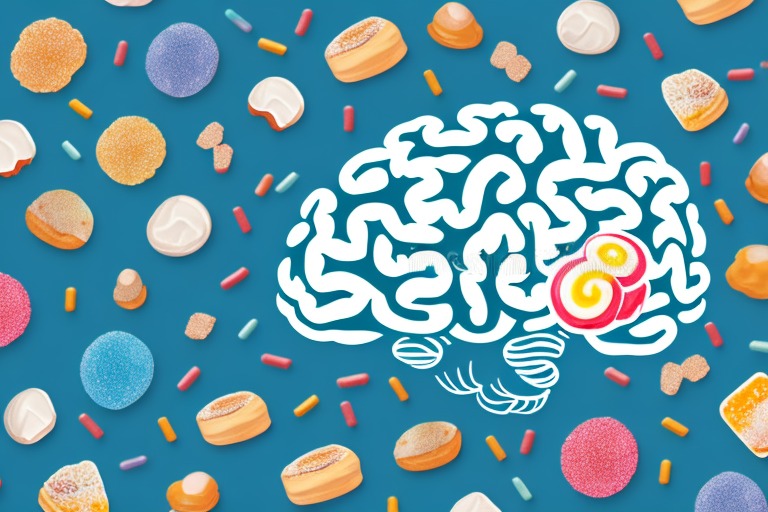
Share Post:
For years, people have associated sugar with everything from weight gain to tooth decay. However, recent scientific discoveries suggest the effects go much deeper, right down to the microscopic organisms living in your gut.
As scientists explore this connection, they’re finding that a high-sugar diet can set the stage for mental health challenges, including depression and memory issues.
Understanding how sugar alters your microbiome is a key piece of the mental wellness puzzle.
How Does Sugar Alter Your Microbiome?

Your gut microbiome is a living system comprised of bacteria, fungi, viruses and other microbes. These microorganisms work in synergy to digest food, protect against pathogens, regulate inflammation and support brain chemistry. However, sugar can throw that system off balance.
When excess sugar — especially added sugars or refined carbohydrates — enters the gut, it feeds certain bacterial strains at the expense of others. Carbs should make up around 45% to 65% of your daily caloric intake. However, these carbs should come from unprocessed whole foods like sweet potatoes and quinoa, rather than refined sugars or highly processed snacks.
Opportunistic microbes like Candida albicans and certain strains of Clostridia thrive on simple sugars, and their growth can suppress beneficial bacteria. These helpful microbes produce short-chain fatty acids like butyrate, which help maintain the integrity of the gut lining and modulate inflammation.
When sugar disrupts this balance, short-chain fatty acid production drops. The gut lining becomes permeable, allowing unwanted molecules to leak into the bloodstream. This state can trigger systemic inflammation, weaken the immune system and contribute to chronic disease.
Additionally, this microbial imbalance can reinforce sugar cravings. Some bacteria reease signaling molecules that interact with the vagus nerve or enteric nervous system to increase the host’s desire for more sugar, essentially hijacking your brain to favor their survival.
How Sugar Impacts Mental Health

While sugar does affect your digestive tract, it also influences how your brain functions daily. As microbiome composition shifts, it sets off a chain reaction that alters neurotransmitter production, increases inflammation, and even affects memory and learning. These changes happen at the molecular level but manifest in real-world ways, impacting how you feel, how clearly you think and how well you cope with stress.
1. Disrupted Neurotransmitter Production
A large portion of the body’s neurotransmitters — including about 90% of serotonin — are produced in the gut. These chemicals regulate mood, motivation, sleep and social behavior.
When sugar intake causes microbial imbalances, the bacteria responsible for synthesizing these neurotransmitters decline. That can lead to lower levels of these brain chemicals, increasing the likelihood of experiencing symptoms like irritability, sadness or low motivation. Over time, this deficiency may contribute to the onset or worsening of mood disorders, such as depression or anxiety.
2. Increased Neuroinflammation
Microbiome disruption also plays a role in chronic inflammation, particularly in the brain. When sugar alters the gut’s microbial environment, it can increase intestinal permeability, a condition known as “leaky gut.” This allows harmful substances to enter the bloodstream and eventually enter the brain.
Once there, they can trigger inflammatory responses that impair neural function. Elevated brain function has been linked to mood disorders and cognitive and neurodegenerative conditions like Alzheimer’s.
3. Impaired Cognitive Function
Long-term exposure to sugar-related microbial imbalances can also interfere with memory, learning and attention. Microbiome changes can influence brain plasticity, particularly in areas like the hippocampus, which is responsible for forming and storing memories.
The Hidden Risks of Sugar-Free Substitutes

People often reach for artificial sweeteners believing they’re a healthier choice than sugar—especially when managing weight or blood glucose. But recent studies suggest that these substitutes may come with hidden costs to gut health.
Artificial sweeteners like saccharin, sucralose and aspartame can disrupt gut bacteria in ways that mimic or even exceed the effects of sugar. This disruption may lead to reduced microbial diversity, which is often linked to inflammation, poor digestion, and weakened immune function.
Some research also indicates that these sweeteners can interfere with how the body processes glucose, potentially increasing the risk of insulin resistance. While they’re marketed as safe, their long-term impact on the microbiome is still being uncovered—making it worth rethinking that “sugar-free” label before assuming it’s the healthier option.
Can You Reverse the Effects?
Fortunately, the microbiome is resilient, and regulating your intestinal microbiome can alleviate symptoms of anxiety. Even after periods of poor diet or excessive sugar intake, positive changes can begin when shifting toward a more supportive eating pattern. Here’s what that might look like:
- Reduce added sugars: Focus on whole foods and limit processed items with hidden sugars, such as sauces, cereals and beverages.
- Increase fiber intake: Prebiotic fibers in foods like bananas, oats, garlic, leeks and legumes feed beneficial gut bacteria.
- Incorporate fermented foods: Probiotic-rich foods like kefir, yogurt, kimchi and miso can reintroduce helpful microbes to the gut.
- Manage stress and sleep: Poor sleep and chronic stress disrupt the microbiome, compounding the effects of sugar.
Why Cravings Aren’t Just About Willpower

If you’ve ever felt like sugar has a hold on you, you’re not imagining it. Cravings aren’t simply about lack of discipline—they’re often driven by changes in gut-brain signaling. When sugar-altering bacteria dominate the microbiome, they begin producing neurotransmitter-like chemicals and metabolites that influence the nervous system.
These microbial signals can trigger hunger, influence taste preferences, and even alter mood in ways that make high-sugar foods feel comforting or “needed.” The result? A cycle where the more sugar you eat, the more your gut bacteria push you to want it.
What’s more, some bacteria send signals to the vagus nerve—a major communication pathway between your gut and brain—reinforcing reward-seeking behaviors. Breaking this loop often requires more than sheer willpower; it means reshaping the microbiome itself through dietary shifts and consistency over time.
A Healthier Microbiome Begins With Less Sugar
While sugar alters your microbiome, that change doesn’t stop in your gut. It can affect your mood, focus, energy levels and how well you handle stress.
When the balance of your gut bacteria shifts, it can set off a chain reaction that affects every part of your well-being.
Fortunately, reducing added sugar and fueling your body with whole, fiber-rich foods can help restore a healthier gut and support a clearer mind.







